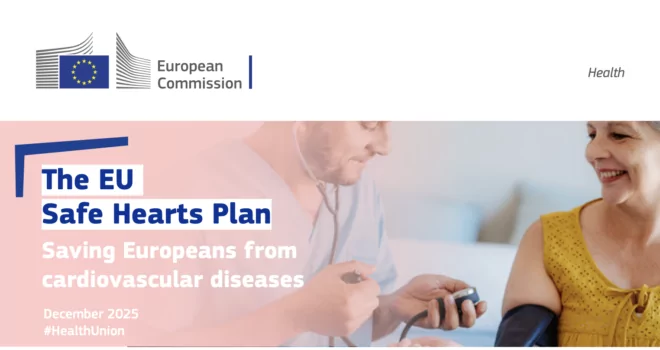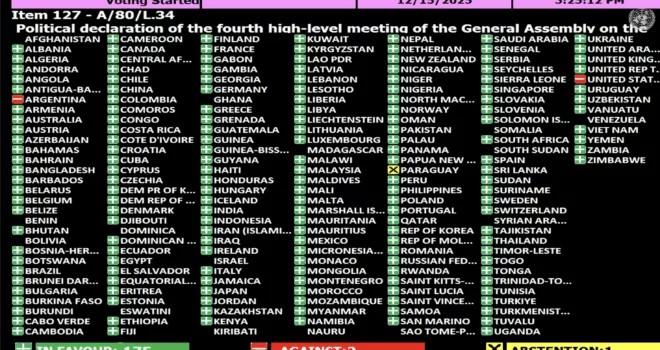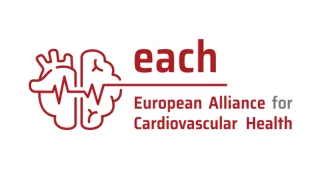Agenda item 15 – WHO’s Work in Health Emergencies
This statement was delivered by the World Heart Federation at the 156th session of the WHO Executive Board
Honourable Chair,
Distinguished Delegates,
We thank the Director-General for the report.
People Living with Non-communicable Diseases, particularly cardiovascular disease and diabetes, face significant challenges in emergency settings, including strained health systems and disrupted services. Interruptions in care, shifting priorities, unsafe facilities, lifestyle changes, stress, poor adherence, and acute exacerbations drastically increase NCD-related morbidity and mortality. LMICs bear the highest burden of humanitarian crises, worsening existing health inequalities.
The World Heart Federation urges Member States to
- Recognize the need to save lives of people living with NCDs in health emergencies;
- Prioritize health services for NCD conditions in emergency preparedness, response, and recovery plans;
- Elevate NCDs in the dialogue on global health security;
- Engage meaningfully with civil society and people with lived experience to respond effectively to complex health emergencies; and
- Strengthen PHC and UHC to enhance health system resilience, safeguard equitable, integrated, and continuous access to essential NCD services, and ensure the collection, analysis, and utilization of data to provide timely intelligence for humanitarian actors and health systems.


